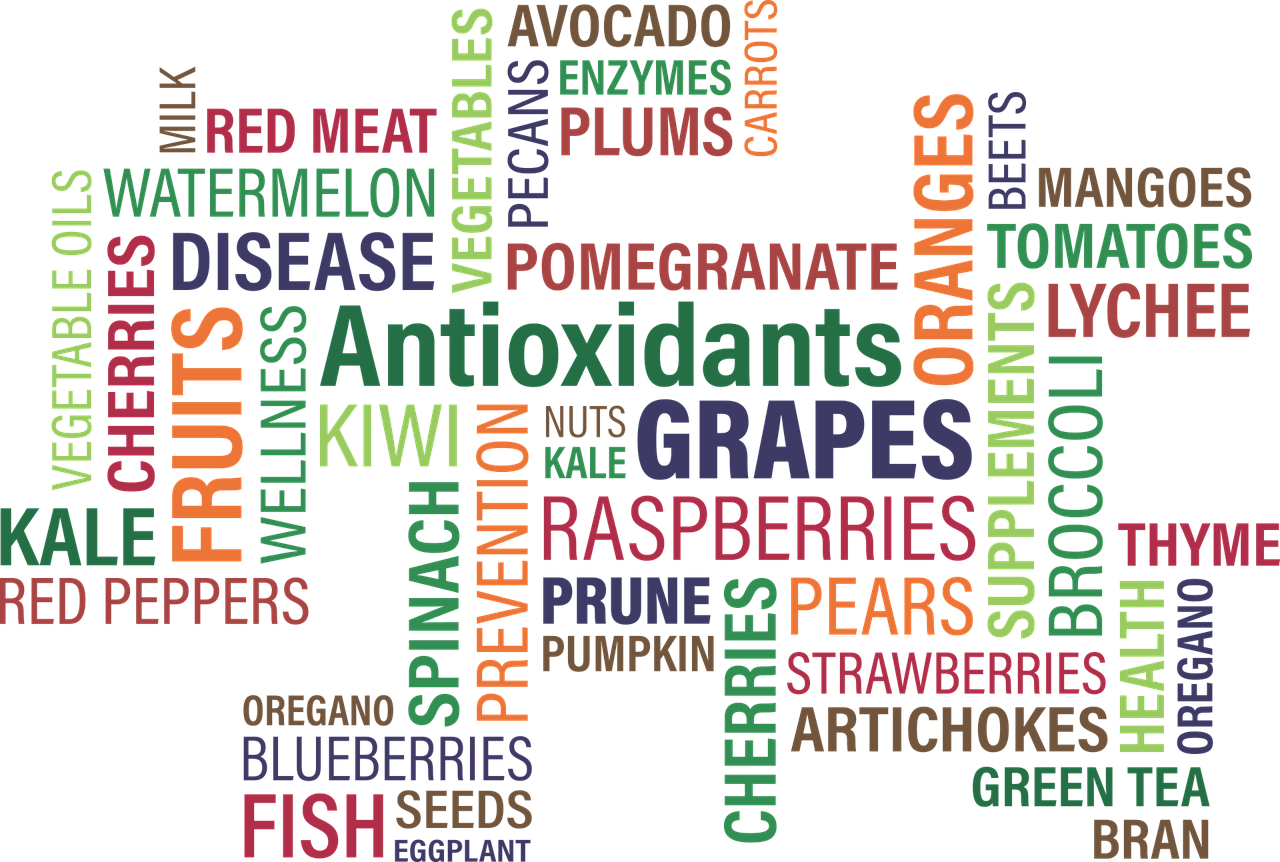Hardening of the arteries and high cholesterol levels, which can cause cardiovascular disease, result from substances called “free radicals.” Oxygen molecules that lose electrons turn into free radicals, and try to repair themselves by taking electrons from other molecules. This process leads to the development of more and more free radicals, which are not only bad for the heart. They also increase the risk of macular degeneration and other eye ailments, as well as Type 2 diabetes and neurological diseases like Alzheimer’s and Parkinson’s. Impaired molecules become cancerous when they damage a person’s DNA. In this article, we’ll explore the process of reducing free radicals.
Researchers have determined that poor eating habits, bad air quality, too much sun exposure and cigarette smoke are primary culprits in the formation of free radicals.
One way to keep molecules healthy, thereby reducing free radicals, is by adopting a balanced diet featuring an array of fruits and vegetables. Such foods bolster immunity and help cells fight off free radicals because they are loaded with antioxidants such as Vitamin C, Vitamin E and beta-carotene. Plant-based foods actually create electrons.

Vitamin C is found in oranges and other citrus fruit, leafy vegetables, broccoli and bell peppers. Among the good sources of beta-carotene are sweet potatoes, spinach, carrots, cantaloupe and butternut squash. Foods offering Vitamin E include kale, wheat germ and vegetable oil. Those with some of the highest levels of antioxidants are dark chocolate, beans, berries, spinach, pecans, artichokes, kale, red cabbage and beets.
Other recommended dietary choices to ward off free radicals are dark-green vegetables, whole grains, wild and brown rice, lentils, peas, seafood, grapes, nuts and green tea.
Eating right may not be enough. Consuming the five to nine daily servings of fruits of vegetables that nutritionists advise is a challenge. That is why many people take supplements, including antioxidant pills that strengthen cells.
Experts suggest antioxidant products containing substances such as beta-carotene, selenium, lutein, lycopene, and Vitamins A, C and E. Popular antioxidant supplements include resveratrol (which is also found in wine), the bioflavonoids quercetin and rutin, and green tea extract. However, pills are not as effective as food sources.
It is important to not exceed the proper levels of certain vitamins and minerals. For example, excessive amounts of Vitamin E have been linked to prostate cancer, and too much selenium may cause skin cancer. Iron, zinc and antioxidant supplements also should be taken in moderation.

